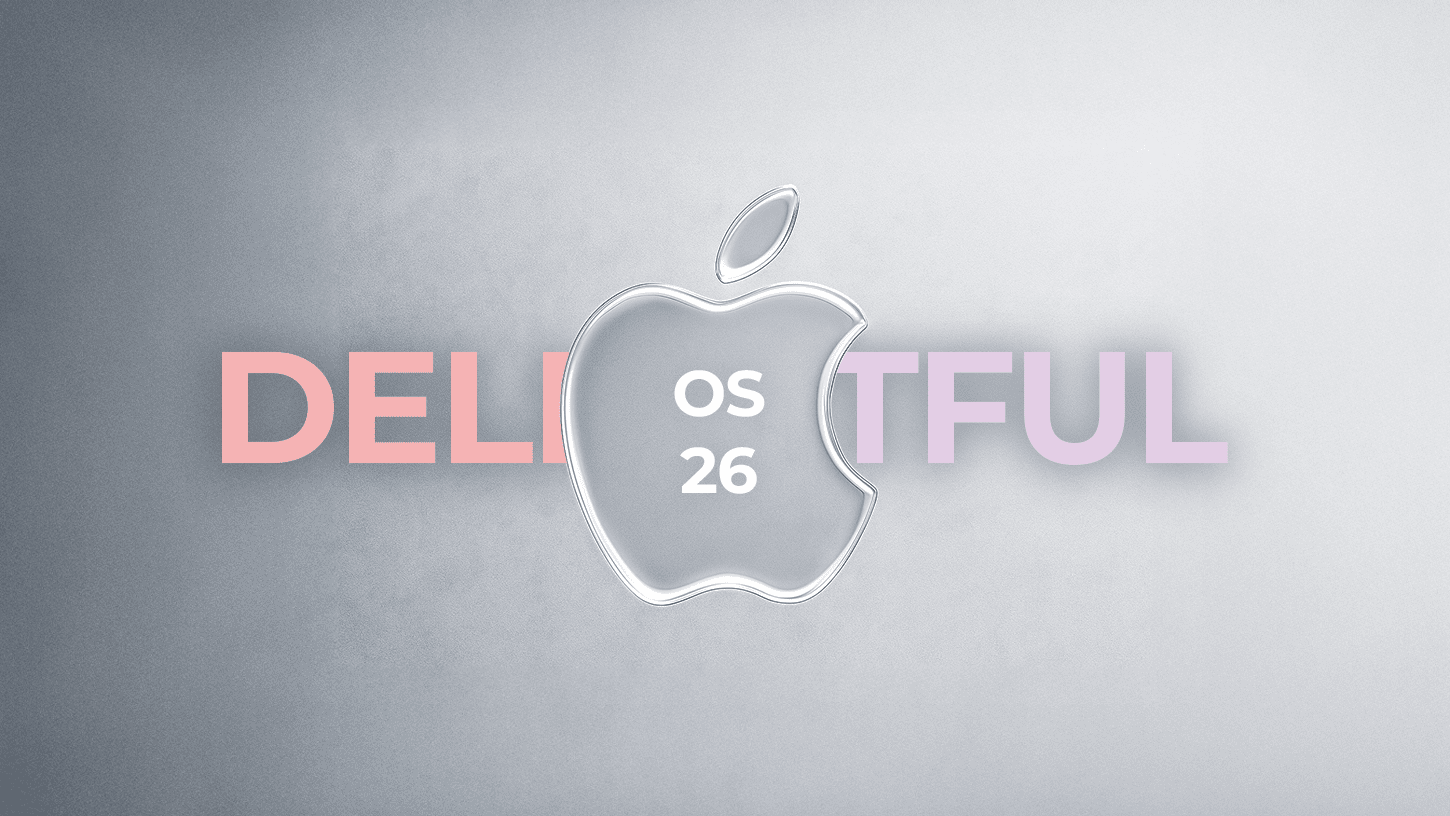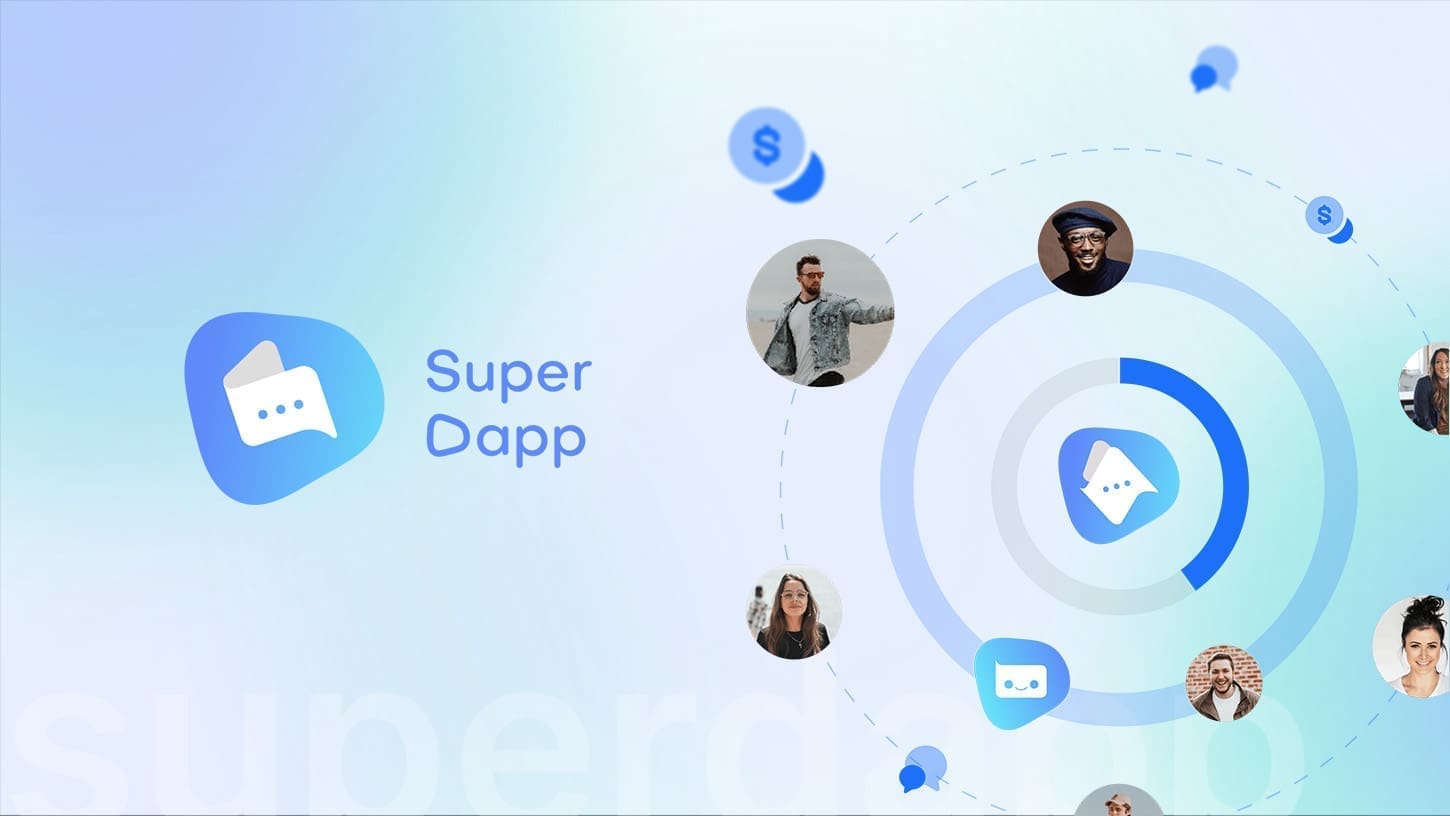Fellou and Eko: Rethinking the Browser, Redefining Digital Labor

We’re in an era where AI is no longer confined to labs or speculative fiction — it’s embedded into our workflows, inboxes, calendars, and increasingly, our browsers. Yet the latest wave of intelligent assistants isn’t just automating tasks; it’s redefining the entire paradigm of human-computer interaction. One standout in this space is Fellou, an “agentic browser” that merges the browsing experience with embedded intelligence. But the real force behind the curtain? Eko, a robust framework designed to operationalize AI agents across the web.
These aren’t just upgrades to existing tools — they’re architectural rethinks. If OpenAI’s ChatGPT brought us generative reasoning in the cloud, Fellou and Eko are asking: what if your browser could not only search and summarize, but act, plan, and collaborate, all on your behalf?
Let’s break this down — not just to marvel at the specs, but to examine what it means for knowledge work, automation, and the evolving line between user and machine.

Fellou: From Search Bar to Autonomy Hub
At a glance, Fellou appears to be yet another AI-enhanced browser assistant. But spend some time using it, and the difference becomes clear: Fellou isn’t built to help you navigate the web — it’s designed to navigate it for you.
The concept of a “smart agent” has floated around tech circles for years. Apple’s Siri, Google Assistant, and even early versions of Microsoft’s Clippy all tried to interpret user needs with varying degrees of success. Fellou, however, is closer to an operational co-pilot — not just answering queries but performing entire workflows.
Real-World Utility: More Than Just a Smarter Search
What sets Fellou apart is its contextual awareness and multitasking capability:
- Cross-platform research isn’t just about pulling public data — it accesses login-protected sites like X and Quora, then assembles answers and visuals into coherent summaries. Imagine querying something as niche as “Japan’s Gen Z recruitment patterns” and receiving a full-market digest, complete with graphs and citations, in minutes.
- It automates sequential, multi-step tasks across sites — filling forms, sending follow-ups, filing insights into Notion, and even posting to social platforms. This moves the browser experience from reactive to agent-driven execution.
- Fellou’s awareness of open tabs allows for cross-referencing, comparisons, and object manipulation — blurring the line between UI and conversational interface.
In short, it behaves more like a digital analyst or intern than a voice assistant — one with memory, agency, and (crucially) boundaries you define.
Eko: The Framework That Makes Autonomy Scalable
If Fellou is the face of this new agentic model, Eko is the nervous system — a framework that enables reliable, production-grade AI workflows across platforms.
Eko 2.0, its latest release, isn’t just faster or more efficient. It fundamentally addresses a problem most LLM-based tools still struggle with: How do you make AI agents robust in the messy, ever-changing environment of the web?
Let’s unpack what makes Eko notable in the wider AI engineering landscape.
Beyond LLM Wrappers: Orchestration with Intent
Unlike LangChain or Coze, Eko isn’t just a wrapper around large language models. It’s a planning and execution engine that:
- Uses stream planning & dynamic re-planning, allowing agents to adjust mid-task as web content changes or tools fail — a major leap from brittle, linear scripts.
- Supports multi-agent collaboration, where one agent may specialize in parsing emails while another fills CRM forms — all in concert.
- Offers human-in-the-loop callbacks, letting developers or users review decisions before final execution — a crucial safeguard for enterprise applications.
- Reacts to DOM events in real-time, enabling agents to behave more like users — waiting for page loads, recognizing visual UI cues, and responding to unexpected modal windows.
These technical choices place Eko in a category of its own: not a chatbot, not a simple RPA (Robotic Process Automation) script, but a platform for autonomous decision-making with real-world resilience.
A Glimpse at the Broader Landscape
The arrival of tools like Fellou and Eko doesn’t mean OpenAI’s dominance is under threat — quite the opposite. Eko is designed to work with foundational models from providers like OpenAI, Anthropic, or Mistral. But what it adds is a reliability layer, a way to turn intelligence into execution at scale.
This ecosystem view is critical. Where OpenAI provides reasoning, Eko delivers structured actionability. Where most AI agents operate in isolation, Eko’s architecture enables collaborative, observable, and interruptible execution — qualities essential for business and creative tasks alike.
Beyond Automation: Expanding the Edges of What Software Can Do
Fellou isn’t just a convenience layer; it’s a window into how intelligent agents might reshape the very structure of digital work. While early automation focused on simplifying clicks and filling forms, Fellou’s agentic capabilities unlock entirely new categories of digital labor.
Knowledge Work at Scale
Fields like market research, policy analysis, and legal discovery often rely on repetitive data gathering, synthesis, and formatting. These are time-heavy, error-prone tasks. Fellou’s ability to pull structured insights from scattered web environments — including PDFs, social media, databases, and gated platforms — radically compresses timelines. Instead of teams spending days assembling competitive landscapes, one Fellou prompt can initiate the entire process autonomously.
And it’s not just data collection. Fellou understands workflow context: it can identify key stakeholders mentioned in documents, extract their contact information, and queue up next steps like emails or CRM entries — transforming research from passive output to actionable insight.
From Admin to Action
Consider the unglamorous but vital glue work that keeps operations running: scheduling meetings, triaging emails, populating forms, or cross-posting content across marketing channels. This isn’t where human creativity shines — it’s where it drains.
Fellou offloads this glue work through reliable, cross-tab coordination. A user could instruct Fellou to:
- Monitor product feedback emails,
- Sort them into thematic clusters,
- Populate an Airtable tracker, and
- Notify a team via Slack — all autonomously.
This isn’t pie-in-the-sky automation. These are fully operational features, enabled by Eko’s flexible agent design and dynamic planning.
Creative, But Not Replaced
Fellou’s reach extends into creative disciplines as well — not by replacing human vision, but by scaffolding it. Whether it’s:
- Generating mockups for a webpage based on YouTube summaries,
- Crafting first drafts of blog posts,
- Building lightweight HTML prototypes,
- Or creating ambient meditation apps from user-provided themes,
…the intent is to accelerate the 0→1 phase, giving creators more surface area to explore before locking in direction. It’s a partner, not a substitute.
Redefining the Human Role
Let’s address the elephant in every AI conversation: displacement. Does Fellou replace knowledge workers, marketers, recruiters, or project managers?
The short answer: no — but it does force a recalibration.
From Executor to Architect
Eko’s design assumes a human-in-the-loop model. Its callback system gives you the power to intervene, override, or steer — not because the agent is flawed, but because human oversight remains essential where judgment, emotion, or nuance is involved.
This reflects a broader shift: as AI systems become more capable, humans move up the stack. The most valuable work becomes less about knowing how to do a task, and more about deciding what is worth doing — and why.
Time as Strategy
Fellou’s core mission is arguably philosophical: preserve your non-renewable attention. By handling the tasks that “drain spirit, patience, and energy,” it aims to return time to the user — not for idleness, but for higher-value decisions, reflection, and creativity.
This echoes a growing consensus in the AI field: the most profound impact of artificial intelligence won’t be replacement, but redistribution — of time, focus, and agency.
The Road Ahead: An Agentic OS?
Fellou is currently web-first, but not for long. A native Windows version is in development, signaling an intent to move beyond browsers into operating system territory. If that happens, the implications stretch far beyond productivity tools.
With Eko at its core, Fellou could evolve into a full-stack personal operating layer — one that spans tabs, apps, and eventually, devices. Combine that with a growing ecosystem of third-party tools, password managers, and developer hooks, and you begin to see the outline of something larger: an intelligent, integrated digital environment.
One where your browser isn’t just a passive window to the internet — but an agent that understands context, executes on goals, and evolves with you.
Final Thoughts: An Inflection Point for Digital Work
What Fellou and Eko hint at is a subtle but powerful shift. AI is no longer content with answering questions. It wants to act. Not just to summarize the internet, but to work the internet — on your behalf.
And when it works, it’s not magic. It’s design. A well-thought-out framework. A respect for human input. A clear philosophy: AI should expand your capacity, not consume it.
We’re still in the early innings. But the direction is compelling — toward a world where your browser doesn’t just display information, it becomes your collaborator, operator, and partner in work.
Fellou may not be Jarvis yet. But it’s thinking like him.






